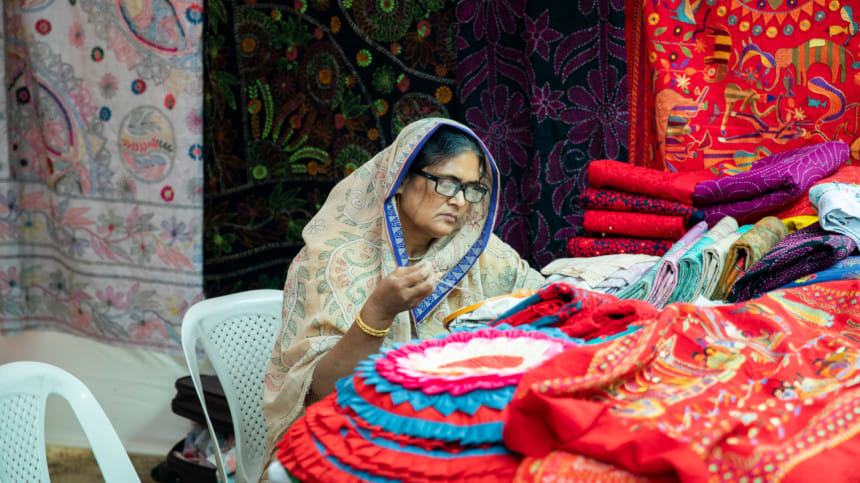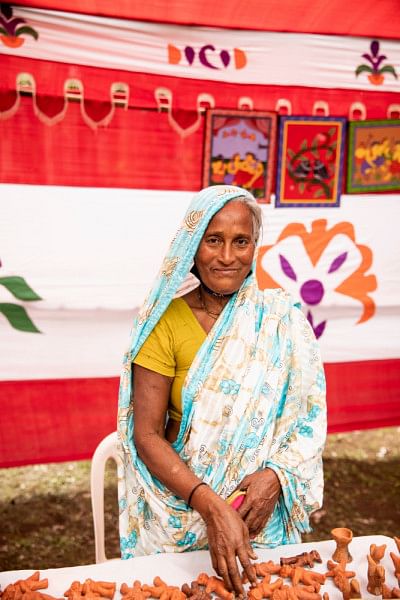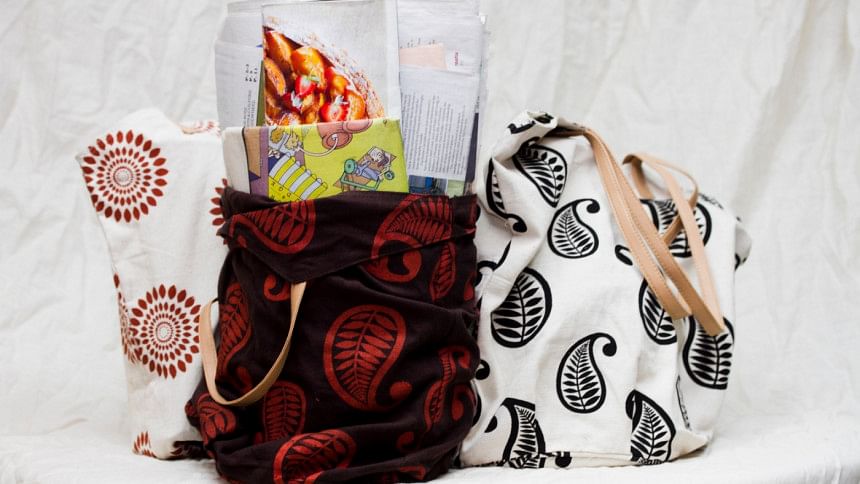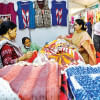Women in business and the challenges they face

Female entrepreneurs have a crucial role to play in increasing household incomes, producing jobs, generating wealth and reducing poverty directly in an economy. The social benefits of female entrepreneurship are also immense. Because women are more inclined towards investing their earnings into their homes, families and immediate communities, female entrepreneurship also positively impacts the human, educational and health development of a nation.
Businesswomen feel more empowered to create their identity and shape their own future. It gives them the confidence to take more risks, thereby opening up wider avenues for their growth.
Owner of the new Mexican restaurant Todos Santos and two other ventures, Tahseen Karina says that her business lent her a whole new identity.
"I did it so that when I look back at life in my 60s, I won't regret not trying to establish my own existence," said Karina.
Despite these phenomenal benefits to society, the Mastercard Index of Women Entrepreneurs 2020 ranked Bangladesh the lowest for women entrepreneurship among 15 Asia Pacific countries, and it had a good reason for doing so.
Women can be considered to be the fastest growing entrepreneurs in the world and to think that only about 7.2 percent of Bangladeshi businesses are women-owned, is frankly, appalling. There are only almost 95000 females, among more than 1.3 million retail micro-merchants in Bangladesh.
The reasons for these woeful numbers are manifold. Some are rooted in bias. Women do not receive the required support from their families and largely patriarchal communities, and who think that only a man can physically become breadwinner for the family. If they manage to get the support of their families, they are often judged by other stakeholders like banks or even customers.

Not every business in Bangladesh is deemed 'appropriate' for women and their capability to thrive, or even the right to be taken seriously, is based on deep rooted stereotypes by these institutions.
"Often, when a woman starts something of her own, it is perceived to be a hobby. It takes a long time to change this perception and for people to realise we really mean business," says Nadia, one of the most successful bakers in Dhaka, with her venture called Dessert Boutique by Nadia Lakhani.
Other reasons include a lack of finance. Microcredit is difficult to access and there is a dismal percentage of SME lending portfolio going to women-led businesses as females do not always own collateral in their names to offer in exchange for loans.
Banking services, especially dedicated to helping women entrepreneurs are few and far between. Women in each sector of work in Bangladesh face harassment, and this fear often overrides their will to continue their businesses, even if they do start it. Finally, the administrative and procedural formalities and paperwork are often the last nail in the coffin, especially for women with low incomes and limited education.

The pandemic has seen the rise of many women owned and led enterprises through online platforms and the newly rolled out digital loans offer hope to this sector as well. But reducing gender bias and increasing inclusivity for women is not just work for the government or the NGOs or even the financial institutions. It is up to each one of us, as consumers and investors to back women-led enterprises by believing in their offerings, buying their products and services and giving them the much-needed wind beneath their wings.

 For all latest news, follow The Daily Star's Google News channel.
For all latest news, follow The Daily Star's Google News channel. 








Comments